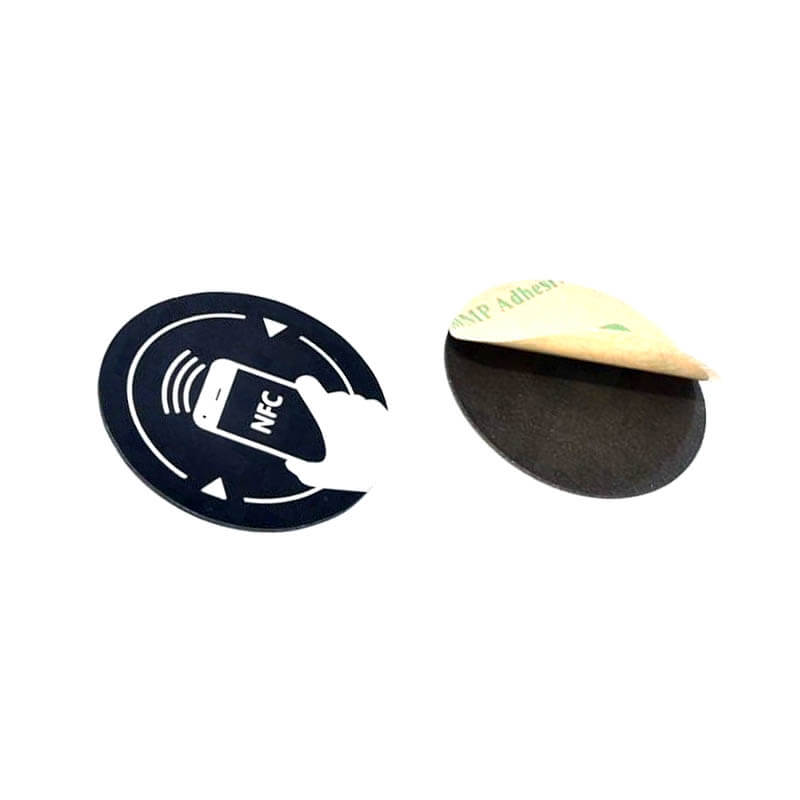Radio Frequency Identification (RFID) tire tags are a great way to gain insight into the performance of your fleet of vehicles. By using a combination of RFID technology and software applications, you can track the location of your vehicles, monitor their condition and efficiency, and even predict maintenance needs. In this article, we’ll discuss the application of RFID tire tags in detail and how they can help your business run more smoothly.
A tiny electronic device called an RFID (Radio Frequency Identification) tire tag is fastened to the tire of a vehicle in order to identify, track, and manage tires via radio waves. The tag is made up of a microchip and an antenna that interact with an RFID reader to transmit data such as position, temperature, tread depth, and tire pressure. Fleet managers may utilize this information to optimize tire maintenance, cut costs, and raise safety. RFID tire tags are an excellent option for tire monitoring in sectors like logistics, transportation, and mining since they are strong, waterproof, and resistant to harsh climatic conditions.
What Is An RFID Tire Tag?
An RFID tire tag is an electronic device that is attached to each individual tire on a vehicle. The vehicle tag uses radio frequency technology to transmit information about the tire’s conditions, such as its tread depth, air pressure, temperature, and other important metrics. This data is then collected by an RFID reader which can be connected to an internal network or sent remotely to a cloud-based system for storage and analysis.
How Do They Work?
The tags are designed to be resistant to water and dust so that they will function in all types of weather conditions. When installed properly, they provide real-time reporting on the condition of your tires and can even detect potential problems before they become serious issues.
The data collected by the tags can then be used for predictive analytics which allows you to anticipate when maintenance needs should be performed on each vehicle. This helps you greatly reduce downtime by proactively planning ahead for service requirements rather than waiting until something fails unexpectedly.
In addition to providing detailed information about each tire’s condition, RFID tire tags can also help with tracking vehicles in motion or parked in remote locations. Each tag has its own unique ID number which allows it to be identified quickly without requiring manual input from personnel at each location. This makes them ideal for long-distance travel or any situation where tracking multiple vehicles simultaneously is necessary.
Data Security & Privacy
One of the key benefits of using an RFID tire tag system is that it ensures data security and privacy for both businesses and consumers alike. All data collected by the tags are encrypted so that only authorized personnel to have access to it – ensuring that confidential information stays confidential no matter who is accessing it or how far away from the base camp they may be located at any given time.
Additionally, since each tag carries its own unique ID number there’s no need for manual input from personnel at each location which eliminates any potential opportunities for human error or malicious tampering with sensitive data points.
In conclusion, utilizing an RFID tire tag system provides organizations with numerous benefits including improved visibility into their fleet performance as well as increased security measures when it comes to protecting confidential data points related to their vehicles’ operations and maintenance needs.
With real-time reporting capabilities combined with predictive analytics capabilities enabled through cloud-based software solutions – organizations are able to make informed decisions regarding their fleet performance while reducing overall costs associated with downtime due to unexpected failures or maintenance requirements not being met in a timely fashion due to lack of foresight into upcoming needs.
If you’re looking for ways to improve your business performance while saving time and money – consider deploying an RFID tire tag system today!
Related articles:
- What are RFID Standards? An All-Inclusive Guide
- A Guide to Buying RFID tags and Equipment.
- Use of RFID Technology in Hospitals – 7 Things You Can Track
- Benefits of Using RFID Technology in the Clothing Industry
- LF, HF, and UHF Frequency: What’s the Difference?
- 10 Ways RFID Technology is Already in Your Life!
- What Are RFID Tags and How Are They Used?










